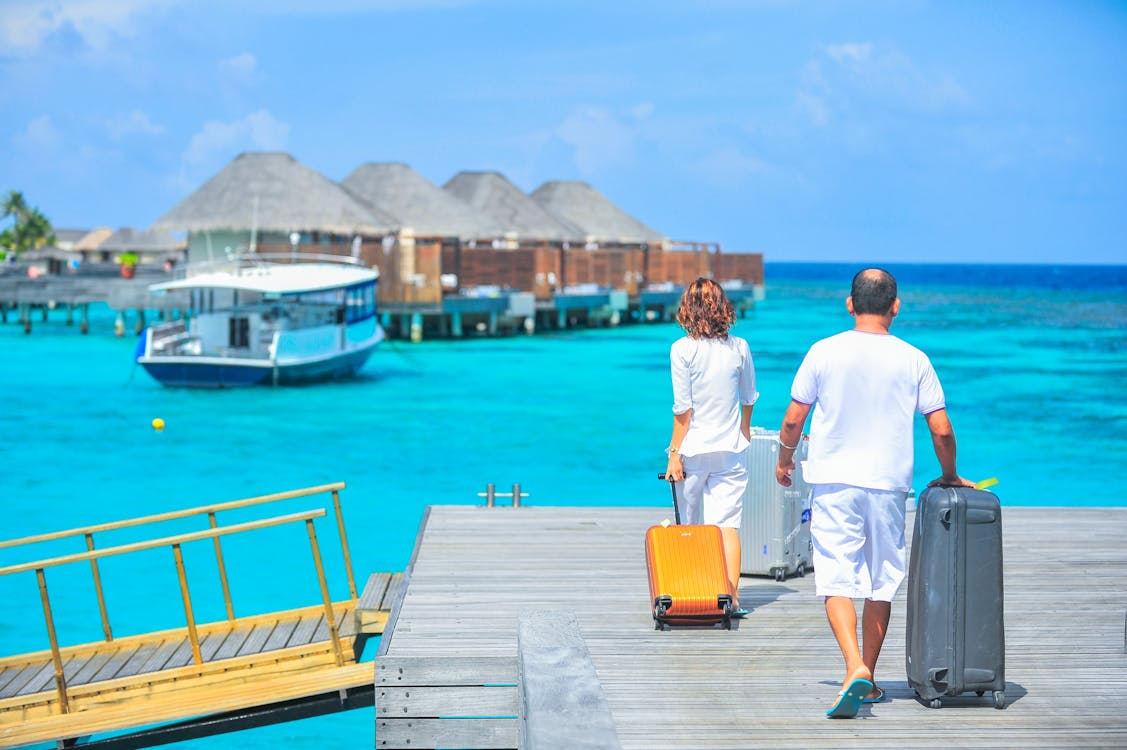World of Wellness Tourism
Wellness tourism is a rapidly growing sector of the travel industry that focuses on promoting health and well-being while individuals are on vacation or traveling for leisure.
Wellness Tourism encompasses a wide range of activities, services, and experiences designed to improve physical, mental, and emotional well-being. The “World of Wellness Tourism” refers to the global landscape of this industry, which has evolved significantly in recent years. Here are some key aspects of the world of wellness tourism:
- Diverse Offerings: Wellness tourism offers a diverse array of experiences, including spa retreats, yoga and meditation retreats, fitness and wellness cruises, nature-based wellness experiences, and more. These offerings cater to a wide range of interests and preferences.
- Destinations: Wellness tourism destinations can be found all over the world. Some locations are known for their natural beauty, such as Bali in Indonesia or the Swiss Alps, while others are renowned for their wellness centers and spas, like Rishikesh in India or Baden-Baden in Germany.
- Market Growth: The wellness tourism market has experienced significant growth in recent years. Factors such as increasing stress levels, a desire for work-life balance, and a greater emphasis on health and self-care have contributed to this growth.
- Holistic Wellness: Wellness tourism often promotes a holistic approach to well-being, addressing not only physical health but also mental and emotional wellness. Programs and activities may include mindfulness practices, stress management, and holistic healing therapies.
- Technology Integration: Technology has played a role in the world of wellness tourism, with apps and online platforms offering booking and reservation services for wellness retreats, virtual wellness experiences, and tracking and monitoring of health and fitness goals.

- Sustainability: Many wellness tourists are environmentally conscious and seek out eco-friendly and sustainable wellness experiences. Eco-wellness retreats, nature-based activities, and responsible travel practices are increasingly popular.
- Wellness Tourism Trends: Wellness tourism trends have included the rise of wellness-focused hotels and resorts, wellness travel for specific demographics (e.g., seniors, and families), and the integration of wellness into business travel and conferences.
- Cultural Immersion: Some wellness tourists seek to immerse themselves in the local culture of their destination, incorporating wellness practices from different traditions, such as Ayurveda in India or traditional Chinese medicine in China.
- Wellness Travel Agents and Specialists: Travel agencies and specialists have emerged to cater specifically to wellness tourists, helping them plan customized itineraries and experiences that align with their well-being goals.
- Challenges: Challenges in the world of wellness tourism include ensuring authenticity in wellness offerings, addressing the potential for wellness tourism to contribute to over-tourism, and meeting the diverse needs and expectations of wellness travelers.
The world of wellness tourism is dynamic and continues to evolve as travelers increasingly prioritize their health and well-being. It offers a wide range of opportunities for individuals to rejuvenate, de-stress, and focus on personal growth while exploring different parts of the world.
